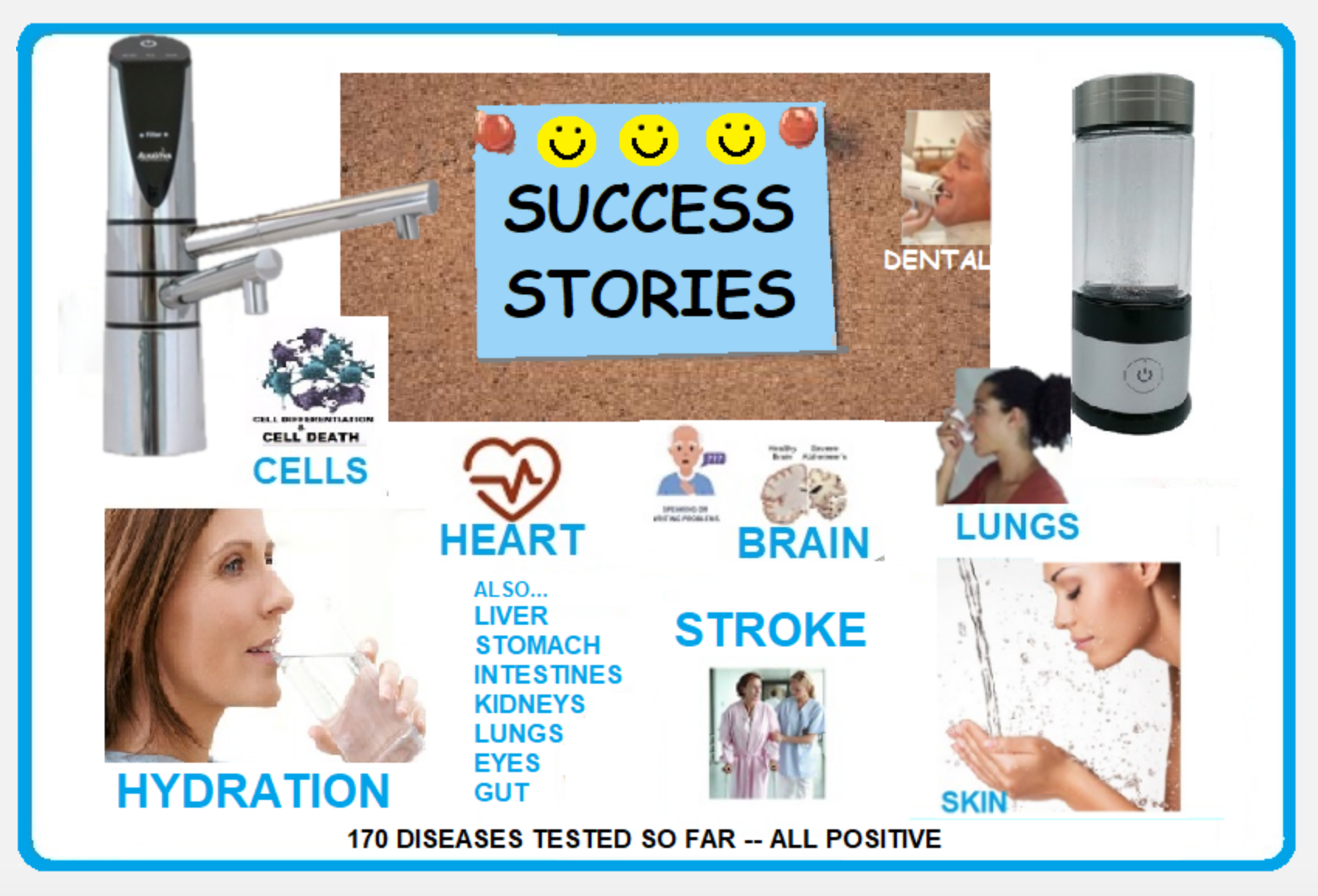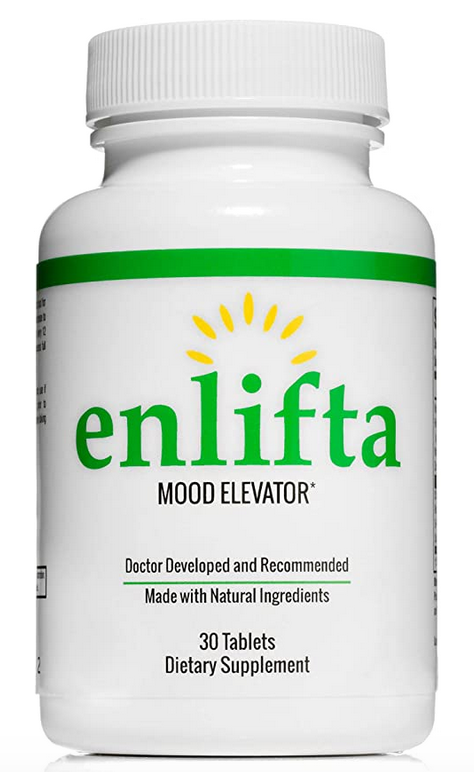
Alkaline Water Plus
Are there really any benefits to drinking alkaline water?
While breast milk is often the recommended feeding option for infants, it’s not best suited for all mothers. That’s why many parents turn to infant formula, an effective alternative that can be used as an infant’s sole source of nutrition.
But what do you feed your child after the infant stage?
Toddler formulas (also called toddler nutritive drinks, toddler milks or transition formulas) are marketed for children aged 1-3 as they transition from infant formula. The advertising often suggests that these drinks can help fill nutritional gaps in toddlers and assist in important functions like brain development, immune support, digestion and growth:
And if you’re wondering where to find toddler formulas in the grocery store, they’re often right next to infant formulas from the same brand. In fact, due to similar packaging, it can be difficult to tell them apart:
While experts recommend human milk or standard infant formula for infants younger than 12 months, they say there is no “nutritional advantage” to toddler formula over a well-balanced diet that includes human milk and/or cow milk for most children older than 12 months. Even worse, these products may actually be harmful due to the potential presence of added sugar or corn syrup.
For example, Kendamil’s toddler formula contains 6 grams of added sugar per 5 fl. oz. serving and in Enfagrow’s Gentlease Toddler Drink, corn syrup solids are listed as the first (and therefore most predominant) ingredient. Meanwhile, the American Academy of Pediatrics recommends avoiding added sugar entirely for children under 2 and to limit added sugar intake to less than 25 grams per day for children older than 2. Because of this, some have raised concerns that products like toddler drinks could cause children to get hooked on processed foods and sugar at a young age.
It’s also worth noting that infant formulas and toddler formulas are not regulated in the same way. According to the FDA, infant formula manufacturers must meet nutritional and labeling requirements and notify the agency before marketing a new formula. These requirements do not apply to toddler formulas, which are not subject to premarket review by the FDA.
Overall, it comes as no surprise that researchers have warned that marketing claims regarding the purported benefits of toddler milks may be misleading and that these claims have been cited in a number of class-action lawsuits against toddler formula manufacturers over the years.
In response to a TINA.org request for comment, Abbott, which makes Similac Go & Grow toddler drink, said in a statement:
Abbott’s representations of its toddler nutrition products are accurate, and our claims are well-supported. These products are designed for children ages 12 to 36 months and provide key nutrients for toddlers.
The makers of Enfagrow and Kendamil toddler formulas did not respond to TINA.org’s requests for comment.
The bottom line
As infant formula sales have declined over the last decade, manufacturers have turned their attention to increasing their marketing efforts for toddler formulas. But before you fall for the marketing hype, you may want to discuss your toddler’s health and nutritional needs with a trusted pediatrician.
Read more of our coverage on baby products.
Our Ad Alerts are not just about false and deceptive marketing issues, but may also be about ads that, although not necessarily deceptive, should be viewed with caution. Ad Alerts can also be about single issues and may not include a comprehensive list of all marketing issues relating to the brand discussed.
Are there really any benefits to drinking alkaline water?
Guide has some surprising health advice based on its anti-Big Pharma marketing.
FDA targets supplement sellers on Amazon making unapproved disease-treatment claims.


